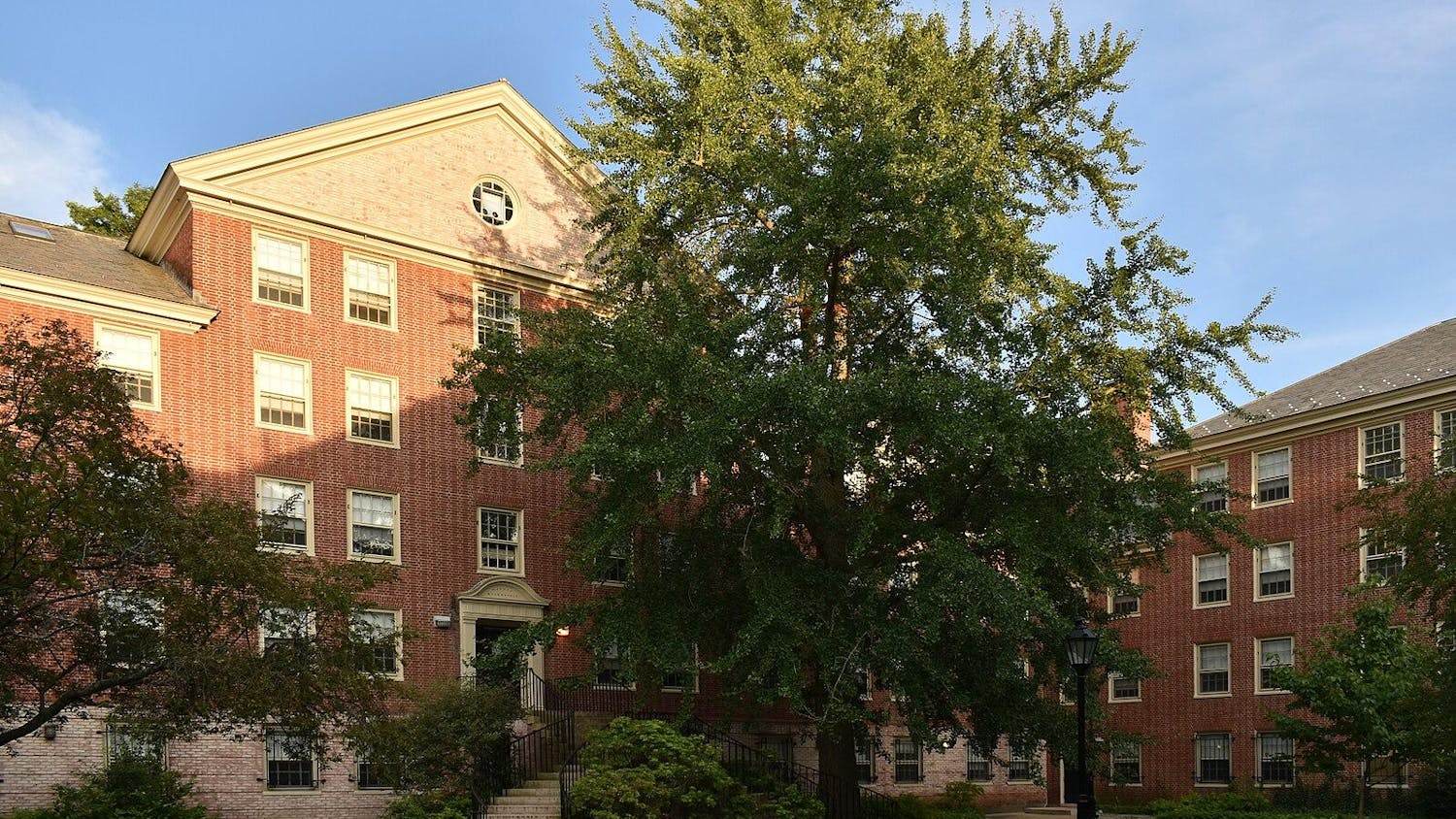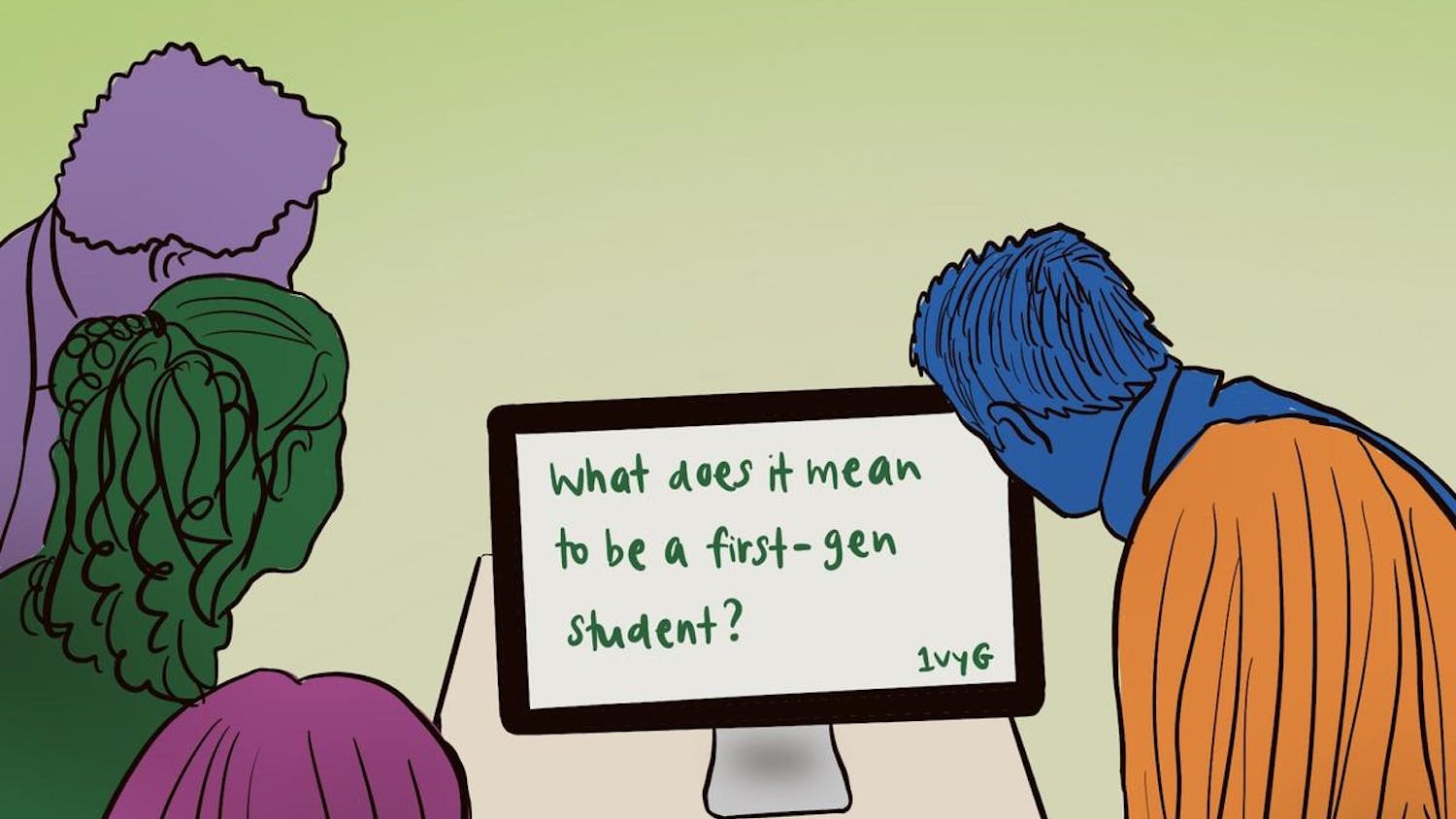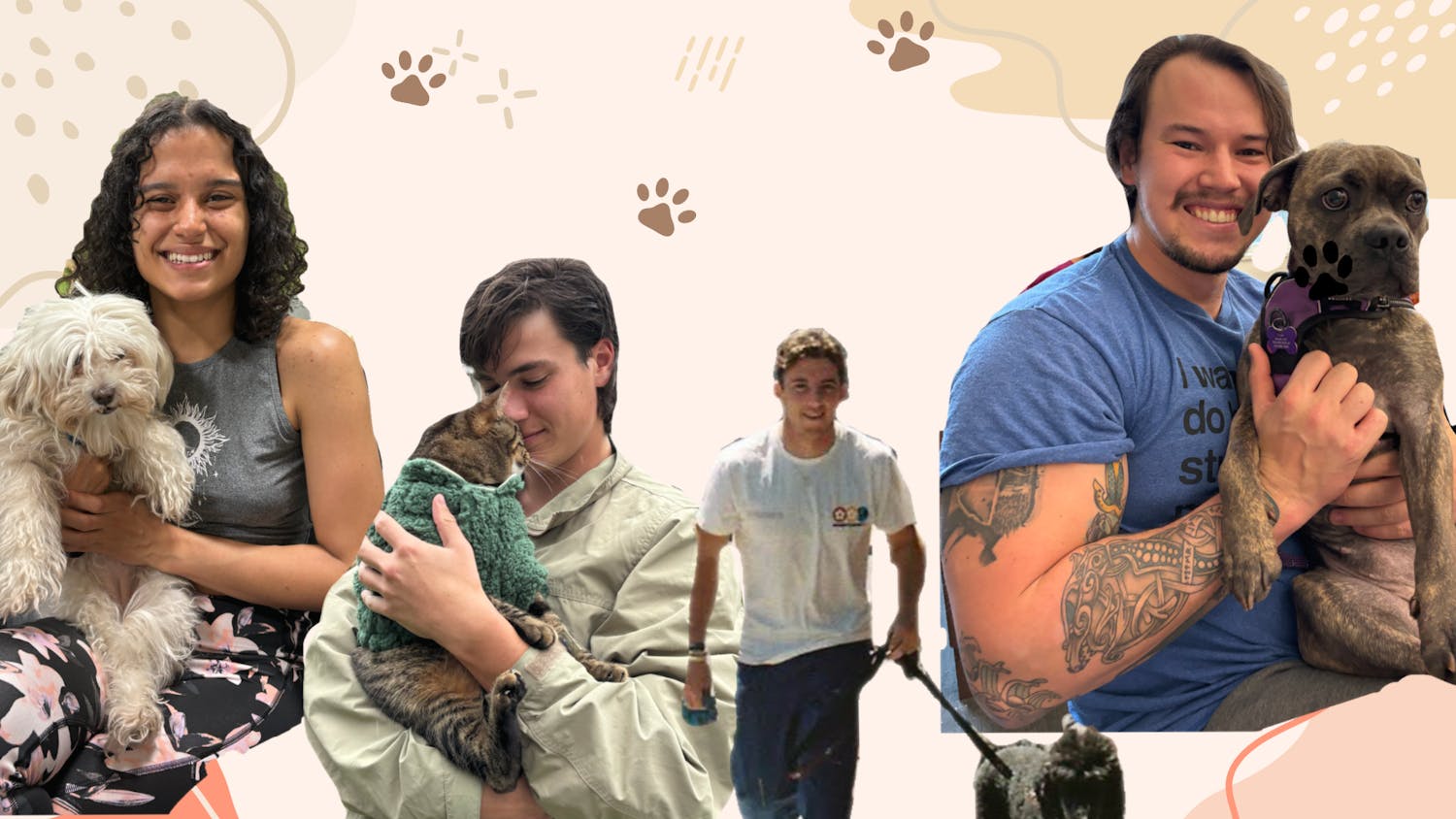Three recent Brown alums shared insights into the use of science in writing at the Science Writers' Panel last night. From one panelist's search for her own identity to another's experience giving a voice to unheard stories, the speakers' stories elaborated on the theme of the panel — "When Science is Personal."
The event, hosted by the English department's Nonfiction Writing Program, attracted students from both the arts and the sciences and illustrated that science and writing are "more intertwined than people realize," said Katie Silverstein '11, an editor of the science magazine Catalyst.
The panel was meant to impart the audience with "an understanding of the power of writing and what you can do with words," said Carol DeBoer-Langworthy, visiting lecturer in English and host of the event.
All three panelists were non-science concentrators and went on to pursue award-winning careers in science writing.
A primary objective of the panel was "to inspire students to think about the uses of writing in their professions," DeBoer-Langworthy said. "Tonight's event focuses on science. It is one of the first times the Nonfiction Writing Program has really done that."
"I came into science completely by mistake," said panelist Molly Birnbaum '05. An aspiring chef, she had her dream cut short when she was hit by a car while jogging and lost her sense of smell.
Birnbaum said the accompanying loss of taste made her "realize the power of the sense of smell" in numerous aspects of her life, and she wrote a book, "Season to Taste: How I Lost My Sense of Smell and Found My Way," on the science of olfaction.
There are many positives to being a science reporter without a science background, Birnbaum said. Among these are "a fresh take, ability to ask surprising questions (and) ability to communicate a sense of wonder," she said.
Casey Schwartz '04 emphasized the need to "have a voice" and "maintain a point of perspective of why the reader should care" when writing science articles that would otherwise seem irrelevant to a general audience.
Rachel Aviv '04, who was a 2009-10 Rosalynn Carter fellow for mental health journalism and has received other recognitions, said she is drawn to writing about people "whose vision of the world often does not get articulated" and hopes to "narrow the breach from one mind to another" through her journalism.




